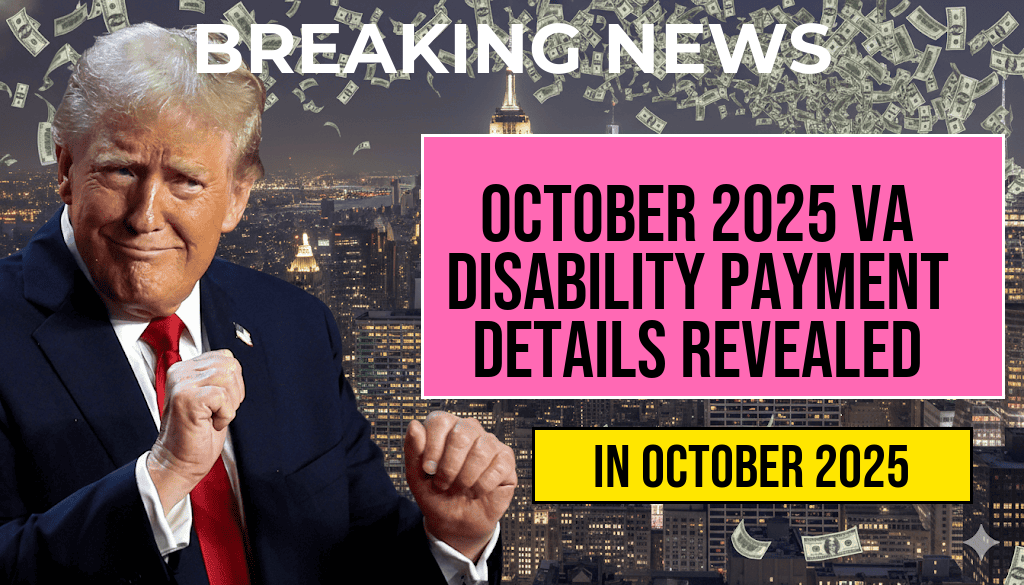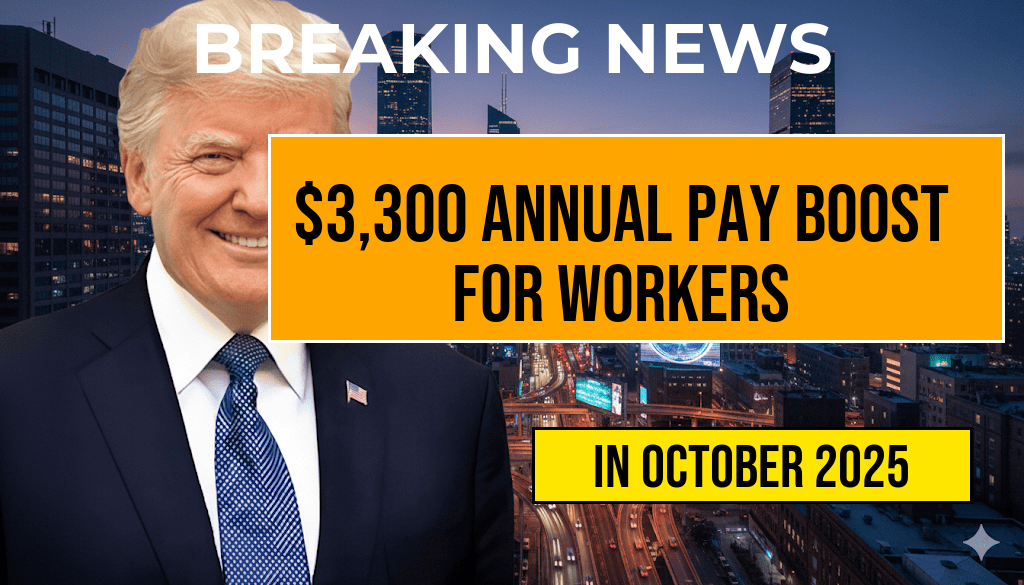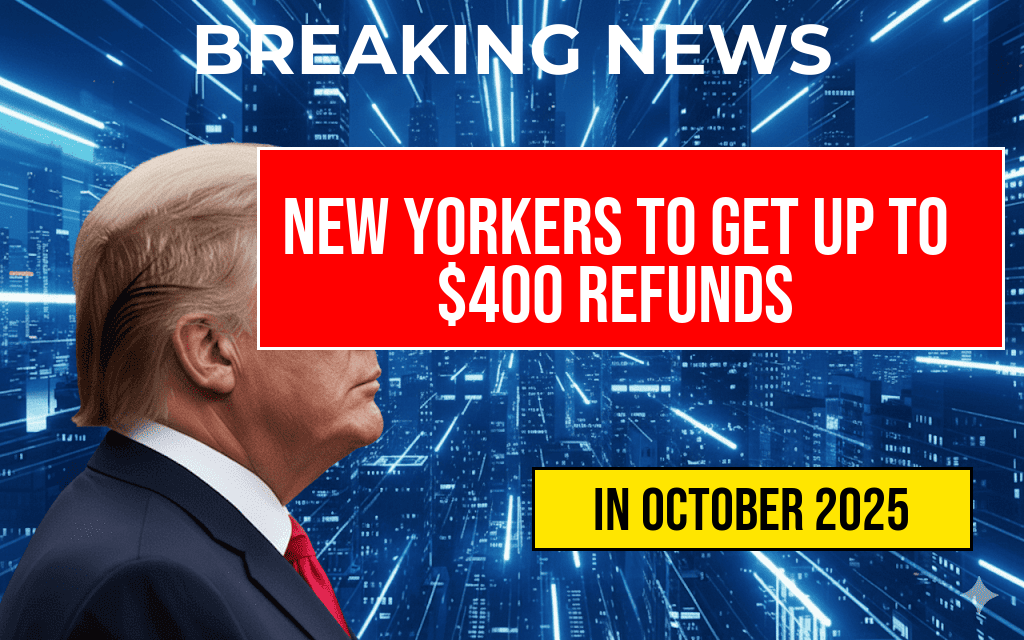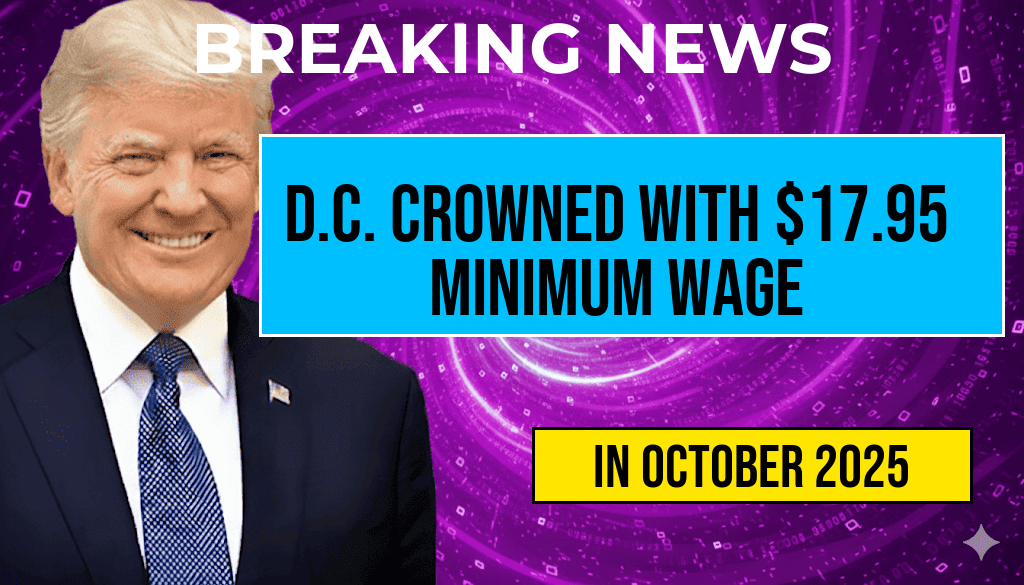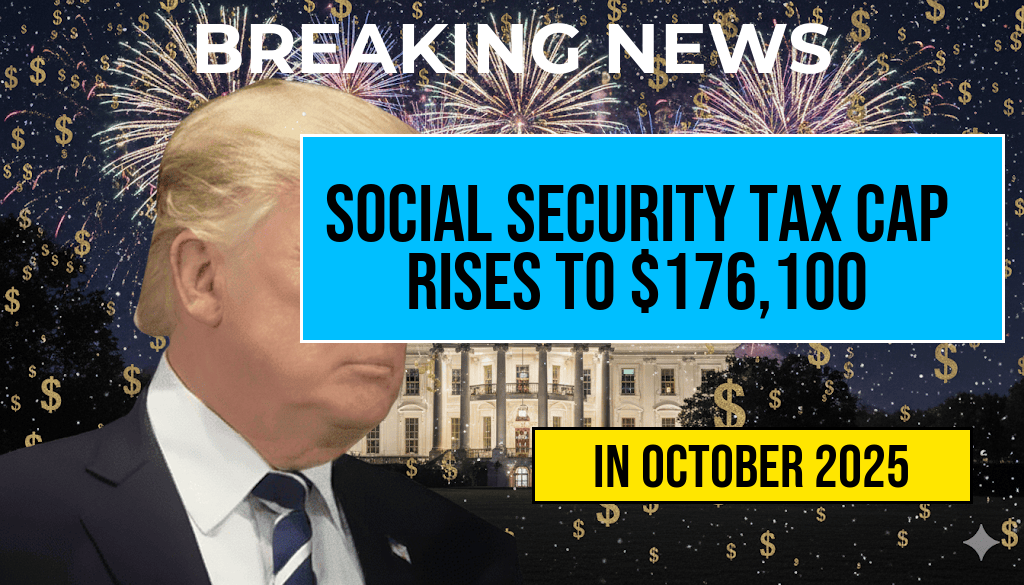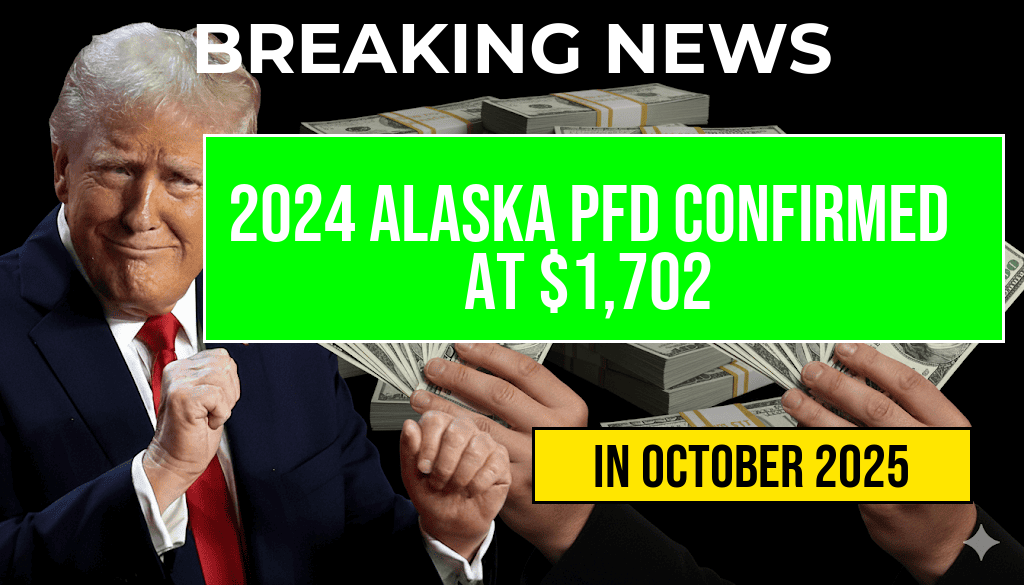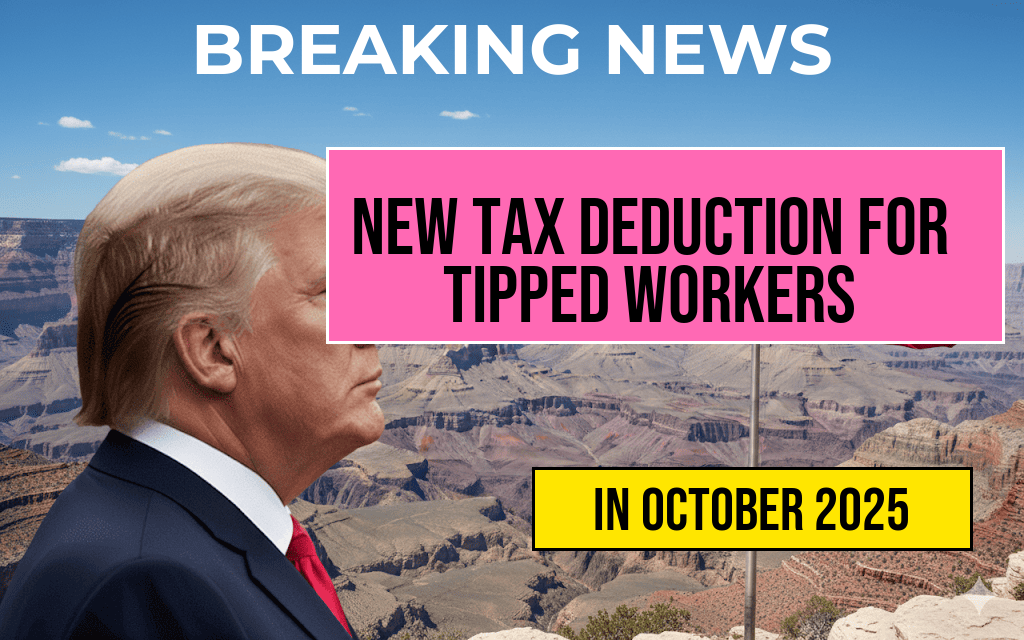Washington D.C. has solidified its status as the highest-paying jurisdiction in the United States, with a minimum wage set at $17.95 per hour. This increase, effective July 1, 2023, marks a significant step towards improving the living standards of low-income workers in the nation’s capital. The new rate reflects the city’s ongoing commitment to ensuring that all residents can afford basic necessities, amid rising costs of living and inflation. As local and national discussions about wage equity continue to unfold, D.C.’s initiative may serve as a model for other regions grappling with similar economic challenges.
Details of the Minimum Wage Increase
The recent adjustment to the minimum wage in Washington D.C. is part of a broader strategy to address income inequality. The city council approved the measure in 2016, which outlined plans for incremental increases to the minimum wage over several years. The latest hike, which brings the rate from $16.10 to $17.95, is aimed at providing a more livable wage for service industry workers, many of whom rely on tips to supplement their income.
Comparative Analysis of Minimum Wages
| City | Minimum Wage (Hourly) |
|---|---|
| Washington D.C. | $17.95 |
| San Francisco, CA | $16.99 |
| Seattle, WA | $15.74 |
| New York City, NY | $15.00 |
| Los Angeles, CA | $15.00 |
Economic Implications of the Wage Increase
The implications of this wage increase are significant. Proponents argue that a higher minimum wage boosts employee morale, reduces turnover, and ultimately leads to increased productivity. Critics, however, warn that raising wages could result in higher costs for businesses, which may lead to reduced hiring or increased prices for consumers. The D.C. government has emphasized that the benefits of improved worker well-being and spending power outweigh potential drawbacks.
Impact on Local Businesses
Local businesses in Washington D.C. are feeling the impact of the new wage law. Many small business owners have expressed concerns about their ability to sustain operations with higher labor costs. Some have begun to adjust their business models, implementing measures such as:
- Raising prices on goods and services.
- Exploring automation to reduce reliance on manual labor.
- Adjusting workforce size to manage payroll expenses.
Community Response and Perspectives
The increase in minimum wage has garnered mixed reactions from various community stakeholders. Labor advocates and organizations have praised the decision as a vital step toward economic justice. They argue that the adjustment is not just about meeting basic living expenses but also about recognizing the value of work. On the other hand, some economists caution against the potential for job losses, particularly in industries with tight profit margins.
Key Voices in the Debate
Local leaders have weighed in on the implications of the wage increase:
- Mayor Muriel Bowser: “This increase will help countless residents make ends meet and provide for their families.”
- Business Owner John Smith: “While I support fair wages, I worry about how this will impact my ability to keep my doors open.”
- Labor Leader Sarah Johnson: “This is a historic moment for workers in D.C. and sets a precedent for others to follow.”
Looking Ahead
The minimum wage increase in Washington D.C. is part of an evolving conversation about economic equity and fair labor practices. As other cities and states consider similar measures, the outcomes in D.C. will be closely monitored as a case study for the potential benefits and challenges of a higher minimum wage. With the cost of living continuing to rise, many advocates are calling for further adjustments to ensure that all workers can thrive.
For more information on labor laws and economic policies, visit Forbes and Wikipedia.
Frequently Asked Questions
What is the current minimum wage in Washington D.C.?
The current minimum wage in Washington D.C. is $17.95 per hour, making it one of the highest in the country.
How does Washington D.C.’s minimum wage compare to other states?
Washington D.C.’s minimum wage of $17.95 per hour is significantly higher than the federal minimum wage and most states, which typically range from $7.25 to $15 per hour.
When did the minimum wage in Washington D.C. increase to $17.95?
The minimum wage in Washington D.C. increased to $17.95 per hour effective July 1, 2022, as part of a gradual increase plan.
Are there any exceptions to the minimum wage law in Washington D.C.?
Yes, there are some exceptions to the minimum wage law in Washington D.C., including certain categories of employees such as tipped workers, who may have a different minimum wage rate.
What impact does the minimum wage of $17.95 have on workers?
The minimum wage of $17.95 in Washington D.C. aims to provide a living wage for workers, helping them to afford basic necessities and improve their overall quality of life.

